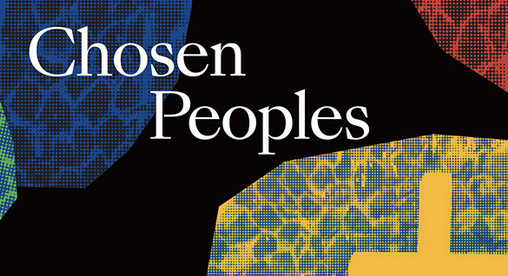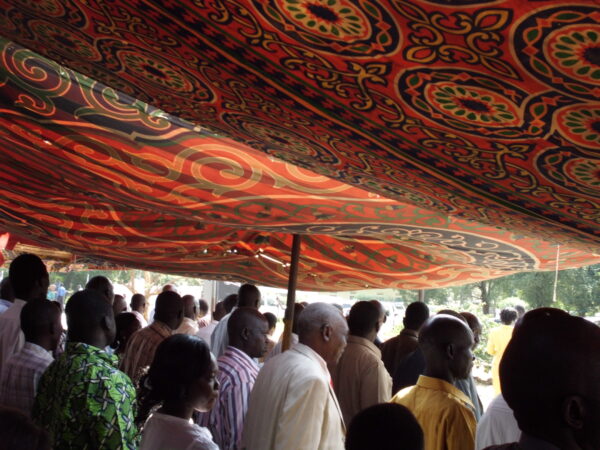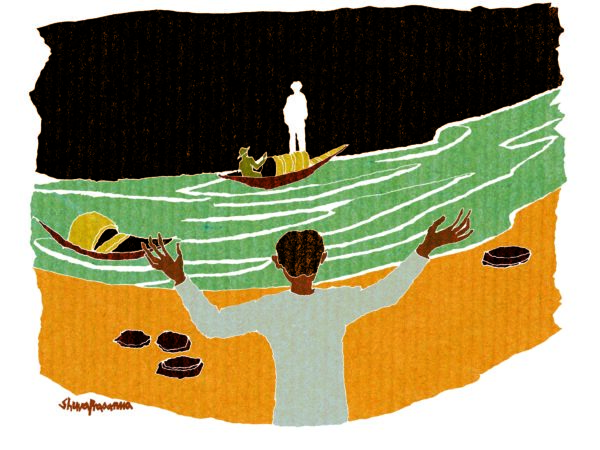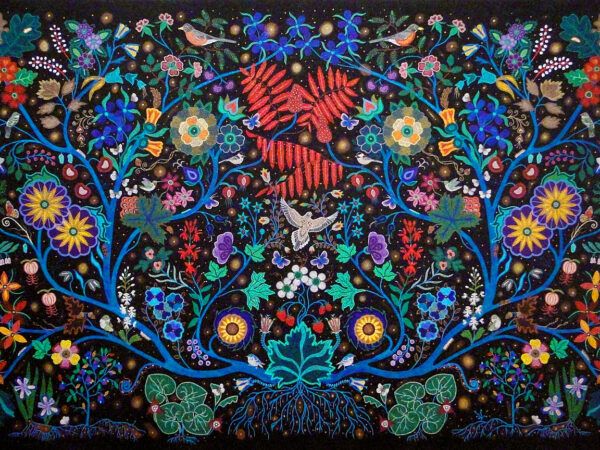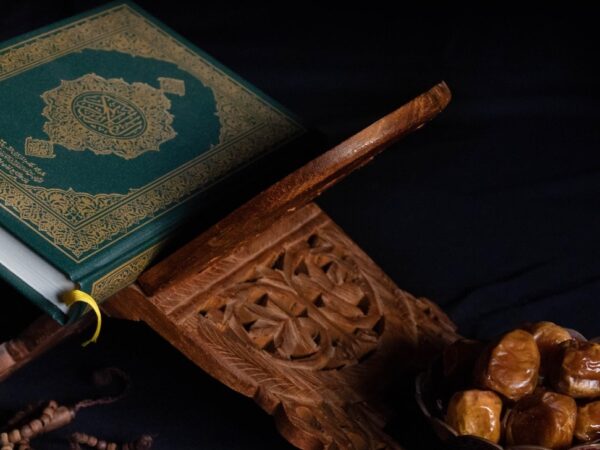
For Muslims to become worthy of any empathy and solidarity, whether in the west or in staunchly anti-Muslim India, what must first be shed is our very religiosity. Islam is to be tolerated only when reduced to culture in which the dominant-caste or white friend can joyously celebrate Muslim festivities, visit Muslim friends and restaurants for biryani in Toronto or Delhi, or post Sufi songs on their social media. Those are the parameters set around reception of a Muslim sans Islam.

YHWH invites the people of Judah and Jerusalem to revolt against self-centered government, changing their allegiance from the Persian emperor to YHWH, who is the Lord, the messenger, and the message.
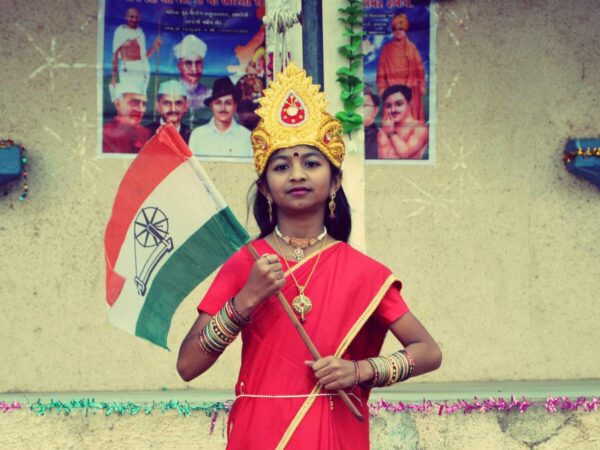
The Hindu nationalist project is out-and-out an Orientalist one. It is not indigenous. It is inspired almost entirely within a colonial, Orientalist framework of knowledge.

Indian citizens stepping up to save as many lives as they could embody what the Kingdom of God is about: collective self-care, mutual aid, without a king, while also holding earthly kings accountable for not attending to the needs of their public whether or not there is a crisis.
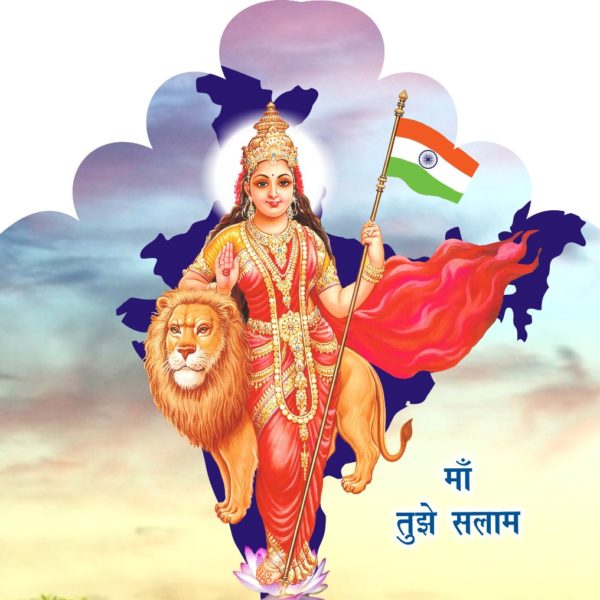
In May 2014, Indian Prime Minister Narendra Modi travelled to the riverside holy city of Varanasi to worship mother goddess Ganges in gratitude for his victory in the national elections. This grand self-promotional gesture by a prominent Hindu nationalist politician illustrates how religion and politics remain enmeshed in India. Even though the democratic constitution of the nation-state has been modeled on western varieties of secularism, everyday politics is infused with religious iconographies.
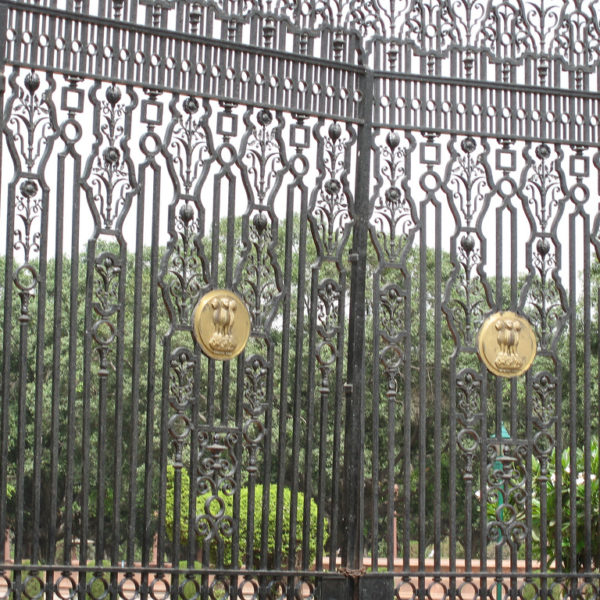
Federal elections in the world’s largest democracy have recently led to a significant change of leadership in India. There are two crucial domains of concern for anyone looking at the future of India after these elections: on the one hand, concerns about the rights and dignity of minority communities, which is saturated with an ideological component; on the other hand, the project of growth and development, which is the language Prime Minister Modi now speaks.
